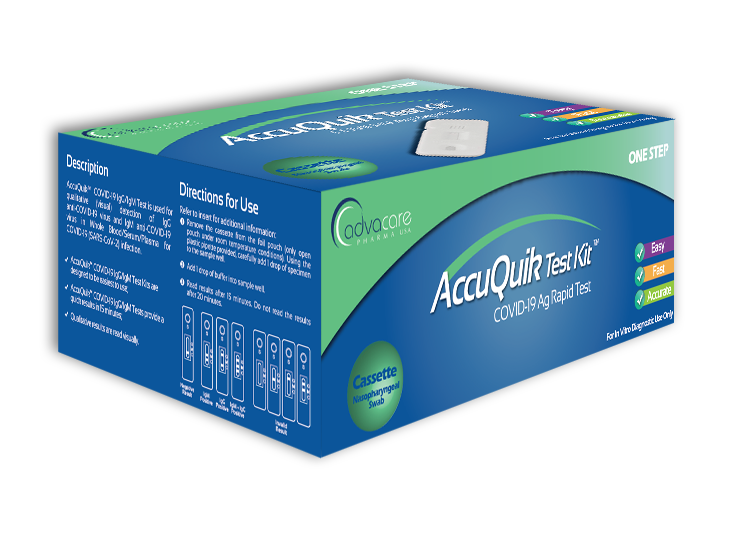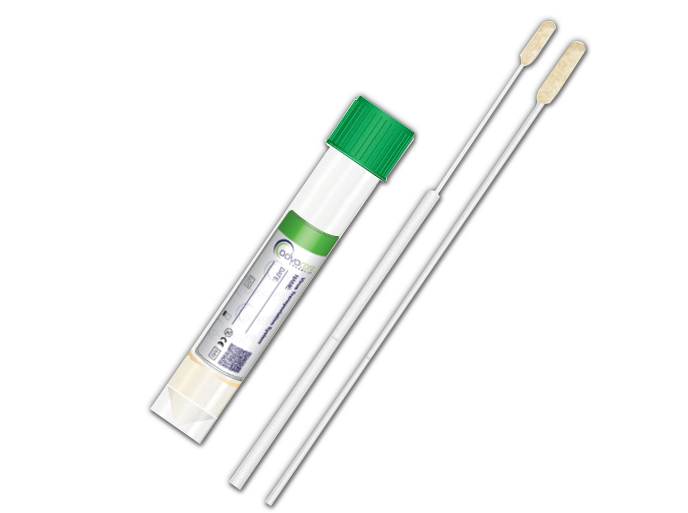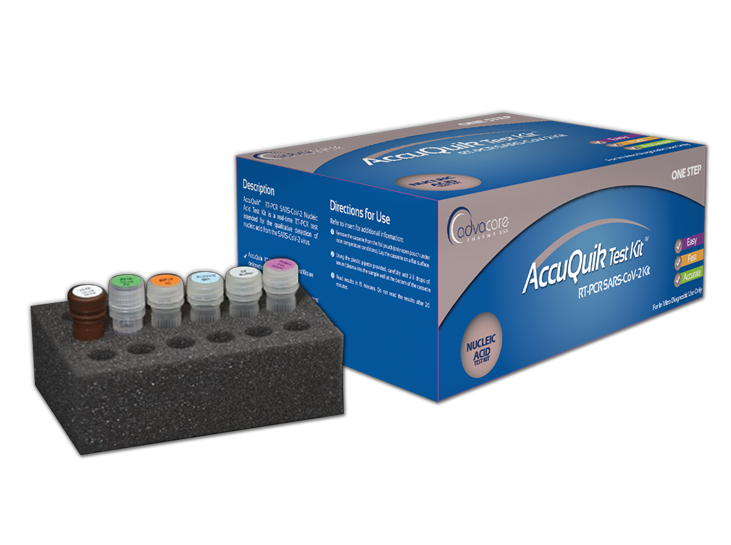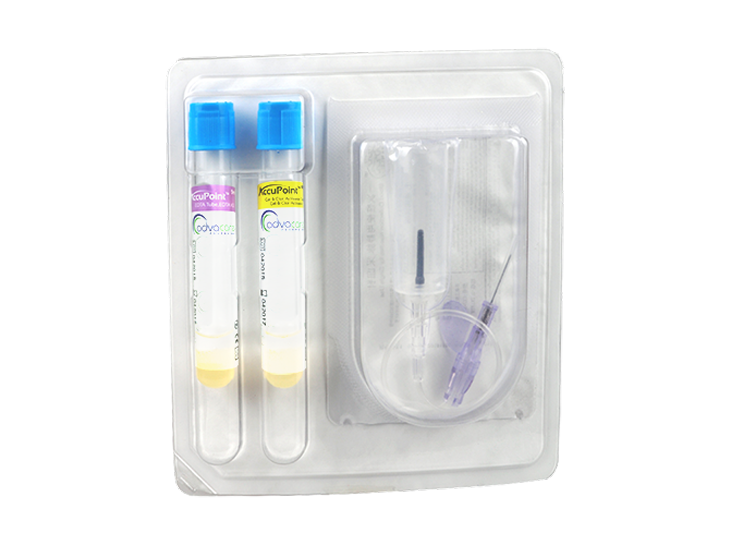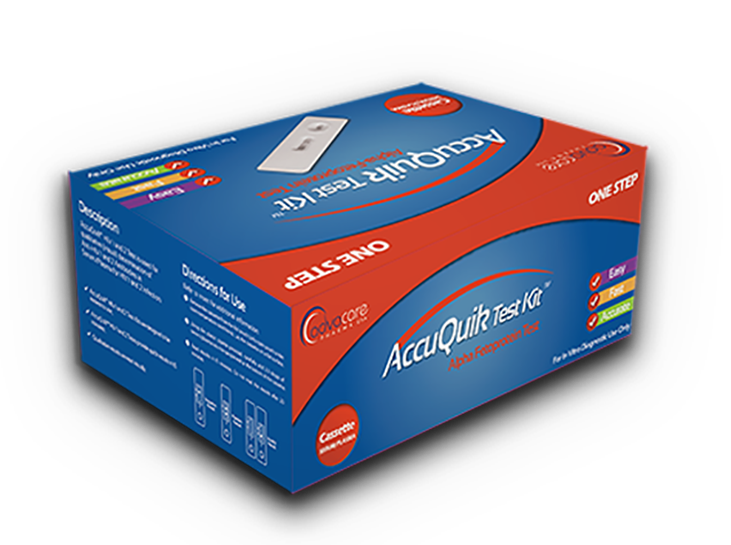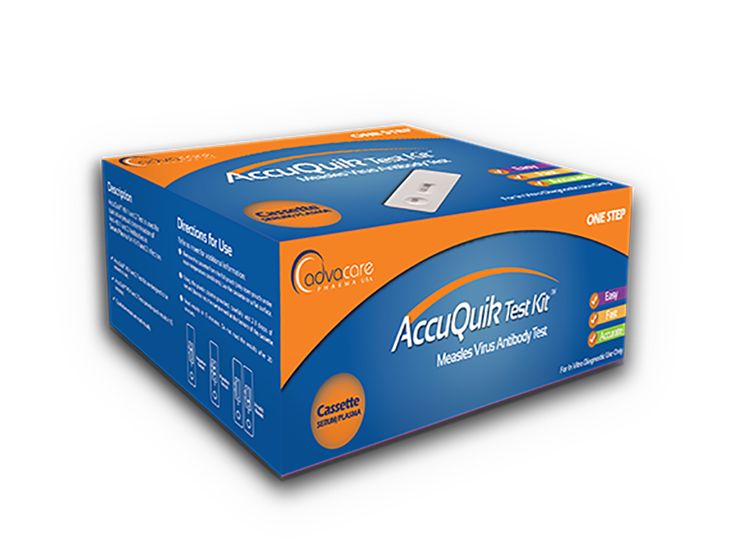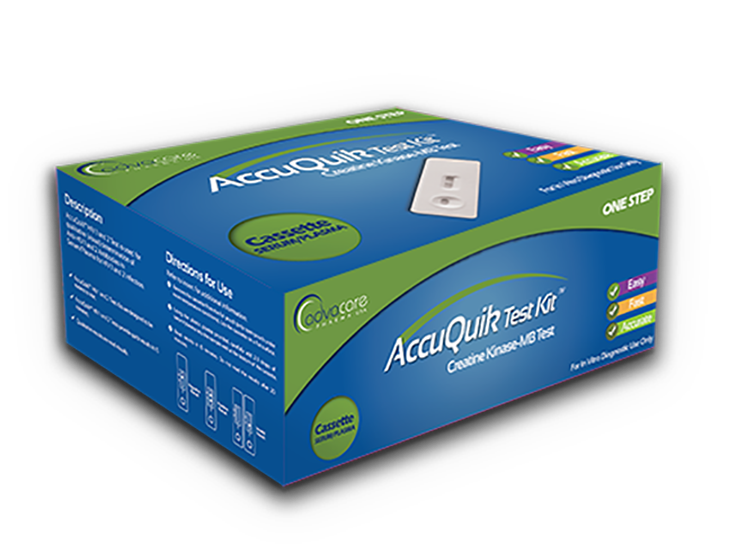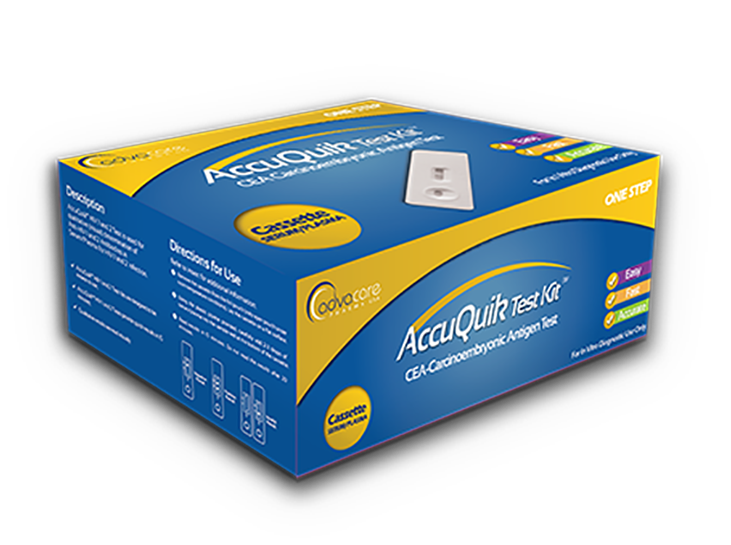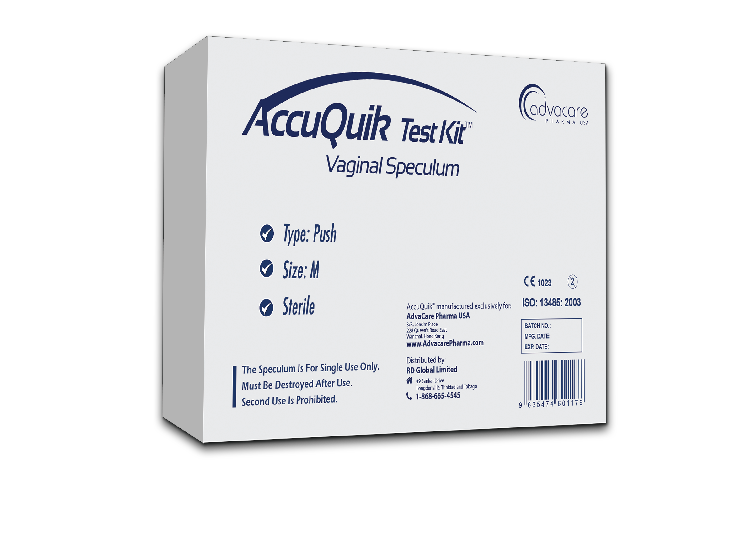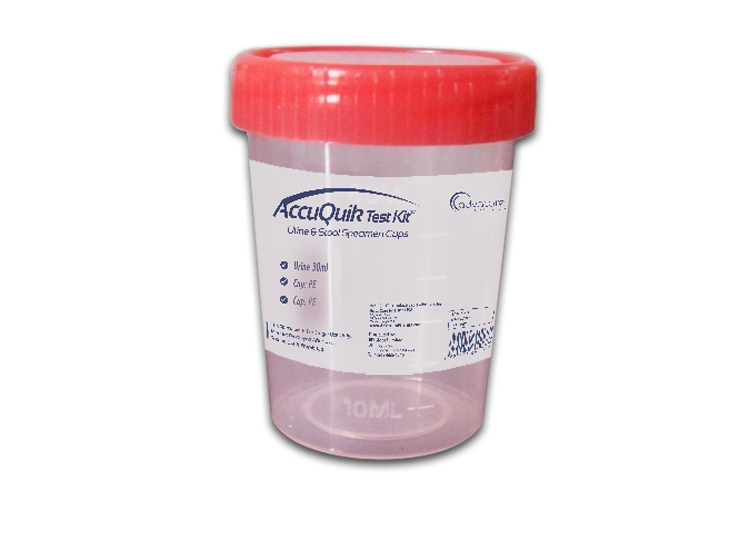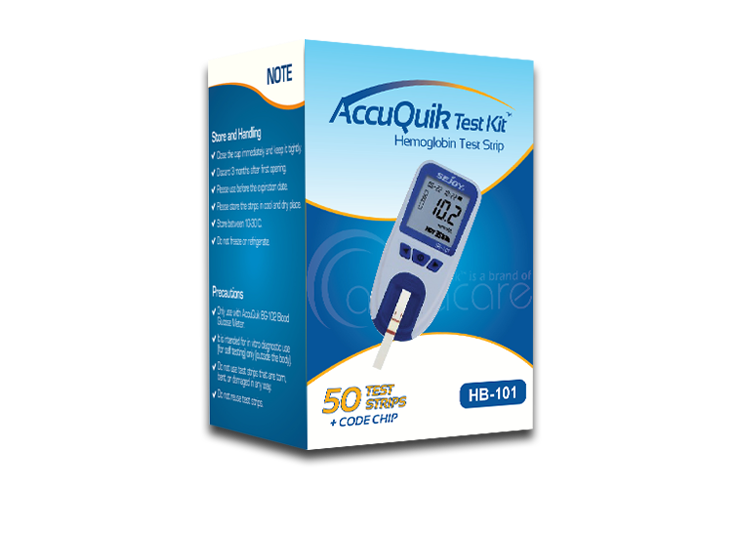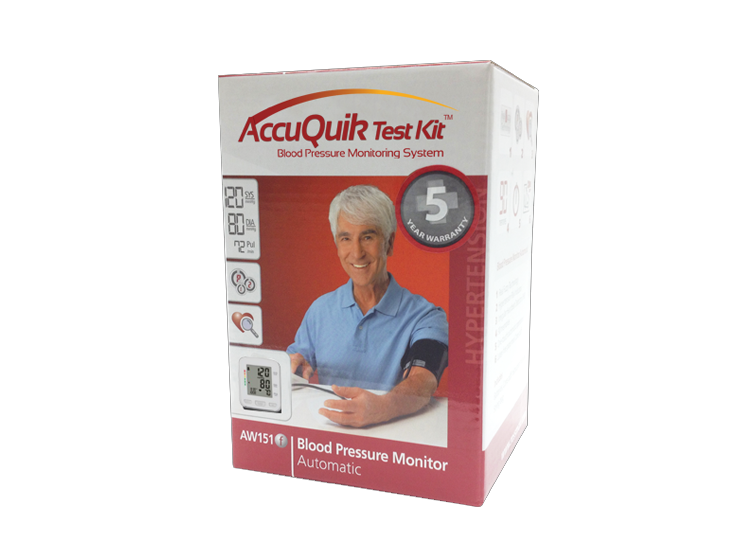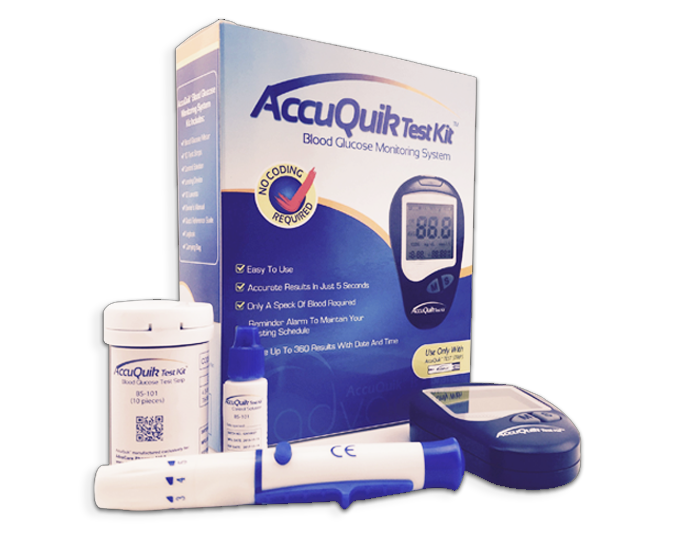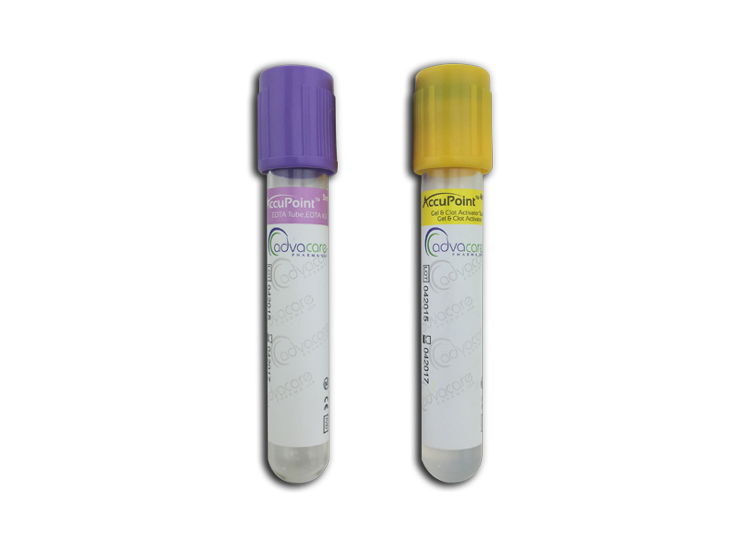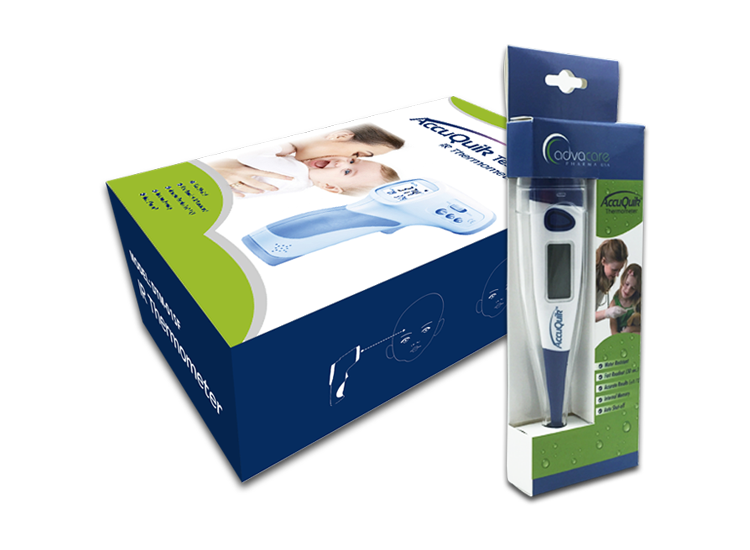Hepatitis refers to an inflammation of the liver caused by the presence of inflammatory cells in the liver. These cells are responsible for almost all human forms of hepatitis. Patients infected can have few or no symptoms, but common hepatitis symptoms include nausea, vomiting, fever, weakness, loss of appetite and aching in the abdomen. The confirmation of hepatitis infection is made through a specific blood test for each type. Hepatitis differs between acute and chronic illnesses, depending on the type and time length of the ongoing hepatitis infection. During the period of infection, the disease is acute, but it is vulnerable to become chronic after six months of infection. According to researchers, the most common hepatitis viruses are types A, B, and C.
HEPATITIS A AND E
Hepatitis A (HAV) and Hepatitis E (HEV) are spread by contaminated food and water especially where unsanitary conditions allow them to be in contact with human waste (fecal-oral mode of transmission). It is spread through close contact and the passage of oral secretions, such as intimate kissing, or poor hand washing. Hepatitis E mainly occurs in Asia. The biggest difference between HAV and HEV is that in pregnant women HEV can cause severe liver failure and elevated mortality rate. There is an effective HAV vaccine for prevention, but there is no official vaccine for HEV. Some vaccines produced in Southern Asia have been shown to be effective, but have not been made available to the general populace. The development of the vaccine has been stopped in developed countries for economic reasons since HEV is rare.
HEPATITIS B AND D
Hepatitis B (HBV) and Hepatitis D (HDV) are spread through infected blood, bodily fluids, and contaminated needles. They can be transmitted by shared needles in drug abusers, tattooing and body piercing, from infected mothers to their newborns, by sharing toothbrushes contaminated with infected blood, or through blood transfusions, and hemodialysis. To be infected by Hepatitis D, the patients must already have hepatitis B. HDV cannot survive on its own because it requires a protein that HBV produces to enable it to infect liver cells. About 6 to 10% of patients with HBV hepatitis develop chronic HBV infection, which means they can infect others as long as they remain infected. They have a high risk of developing cirrhosis, liver failure, and liver cancer. There is an effective HBV vaccine for prevention, which also prevents HDV.
HEPATITIS C
Hepatitis C (HCV) usually is spread by shared needles among drug abusers, blood transfusion, hemodialysis, and needle sticks. According to researches, 90% of transfusion-associated hepatitis is caused by HCV. It can also be transmitted by sexual contact but it is considered rare since it requires blood-to-blood contact. The highest risk group is drug users who share needles. About 75 to 85% of patients with acute HCV develop chronic HCV infection. Moreover, they have a high risk of developing cirrhosis, liver failure, and liver cancer. There is no Hepatitis C vaccine for prevention.
The treatments for Hepatitis differ according to the type and whether is an acute or chronic illness. For acute hepatitis, the initial treatment consists of relieving the symptoms of nausea, vomiting, and abdominal aching. Treatment of chronic hepatitis involves combinations of medications to eradicate the virus. For hepatitis C infection, medications include injectable interferon and oral pills such as ribavirin and boceprevir. Hepatitis B infection treatment includes injectable alpha interferon and oral pills such as lamivudine, adefovir, and entecavir. During the period of treatment for any hepatitis type, the patient must abstain from drinking alcohol and smoking cigarettes since they are toxic to the liver and drink the liquid in large quantities to avoid dehydration caused by vomiting.
AccuQuik Test Kit is an American brand that offers high-quality Hepatitis Test Kits and other medical testing devices. To know more about our products, please click here.

